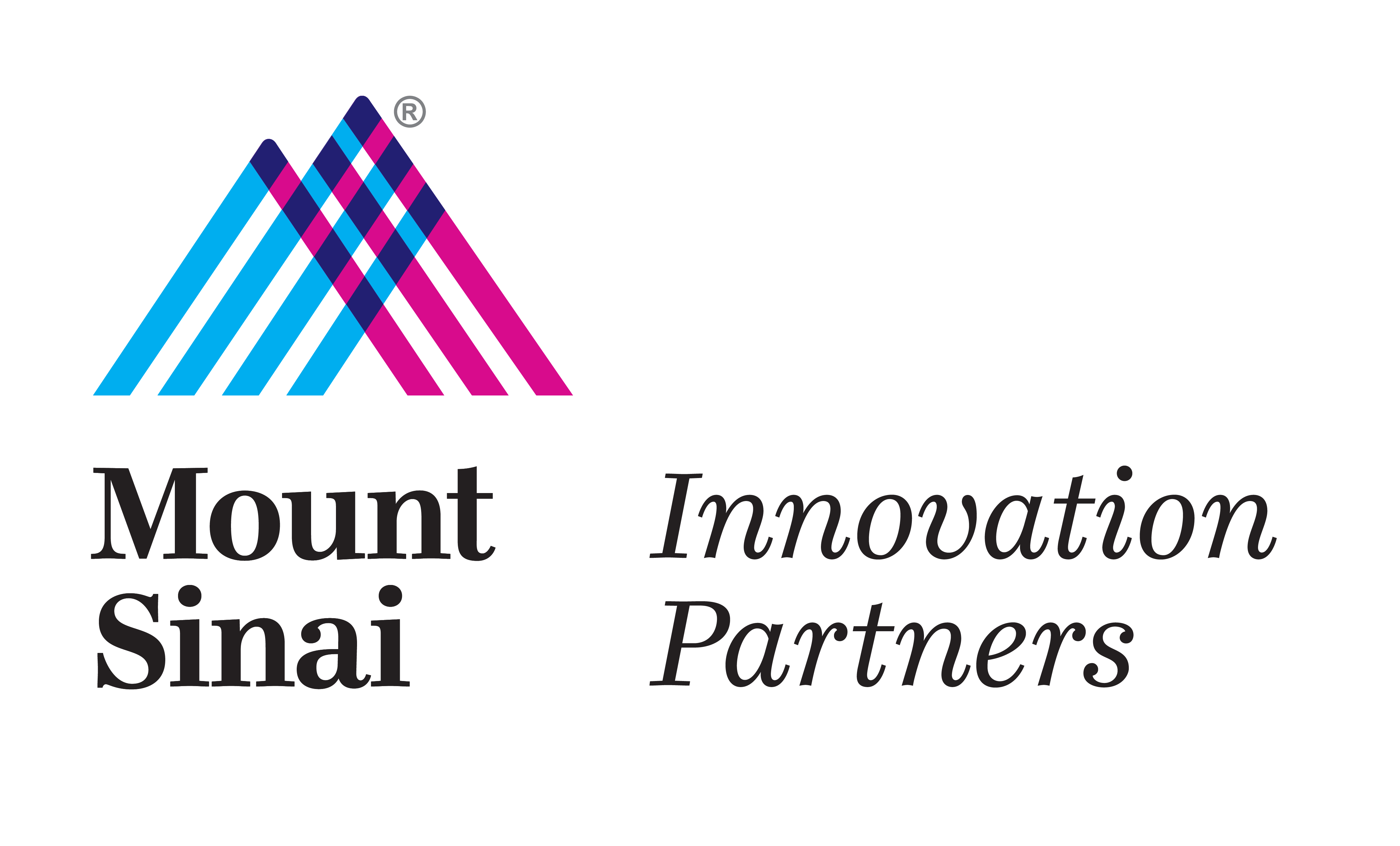Get to know the teams competing in this year’s Mount Sinai Pitch Challenge on May 4, the final event in MSIP’s Entrepreneurship Program, as they present healthcare solutions with commercial and business potential for a chance to win a $25,000 cash prize!
Have you signed up to attend the virtual Pitch Challenge? Register here and receive access information closer to the date!
Solution: APMV’s Cancer Virotherapy
Description: An off-the-shelf solution at the tumor site, allowing the patient’s immune system to create its own vaccine against tumor neoantigens.
Team Members: Sara Cuadrado Castaño
Why did you get started with MSIP’s entrepreneurship series?
My goal is to help oncological patients and MSIP’s entrepreneurship series gave me the opportunity to learn how to make this happen. I have found that interacting with other early-career innovators and business professionals who want to propel the translation and commercialization of breakthrough technologies to the bedside has been rewarding.
Solution: CordGuard
Description: Medical device designed to mitigate spinal cord compression following cervical laminectomy procedures.
Team Members: Bahie Ezzat; Frederika Rentzeperis; Sujay Ratna; Bergan Babrowicz; Gael Cruanes
What do you think distinguishes your technology from other Pitch Challenge teams?
CordGuard is distinguished because the device is intended to mitigate the devastating neurological complications caused by spinal cord compression, also known as Cervical Spondylotic Myelopathy (CSM), following cervical laminectomy procedures. We aim to address the unmet clinical need of CSM, which is prevalent in over 76 million Americans and affecting 90% of individuals aged over 65 years in North America.
Solution: SpineSight
Description: Reducing time-to-treatment for spinal cord disease patients by using AI to analyze imaging and clinical symptoms to quantify disease progression.
Team Members: Alexander Zhou; Peter Campbell; Jacob Desman; Yash Lahoti
What inspired you to dive into this field of technology?
Our team has a strong technical background in applied machine learning from both academia and industry. We wanted to leverage these skills in an innovative way that will help patients directly. Our clinical mentor, Tanvir Choudhri, MD, Co-Director of the Neurosurgery Spine Program in Mount Sinai’s Department of Neurosurgery, identified a clear clinical gap for many neurosurgery patients suffering from spinal cord diseases who were getting to surgery too late.
Solution: Virtual Reality (VR) self-hypnosis
Description: Uses VR hypnosis to treat chronic pain, starting with HIV patients.
Team Members: Mary Catherine George
What inspired you to dive into this field of technology?
I have always been interested in how we could help patients modify their perception of pain. I am fascinated with VR and want to understand if using this technology, with established behavioral treatments, could improve a patient’s chronic pain perception.
Solution: EndoCare
Description: Clinical decision support system designed to facilitate detection of early-stage endometriosis; improving patient outcomes and promoting healthcare equity.
Team Members: Susan Khalil, MD; Jacqueline Slobin; Riya Murty Bandanapudi; Adriana Sistig,; Vibhor Mahajan; Ben Fox
What inspired you to dive into this field of technology?
EndoCare’s journey into the field of endometriosis diagnostics is inspired by Susan Khalil, MD, Assistant Professor, Obstetrics, Gynecology and Reproductive Science at the Icahn School of Medicine, and her unwavering commitment to making a meaningful impact in the lives of millions of patients affected by this often-misunderstood condition. As our team worked on the technology, we gained a deeper understanding of their challenges and recognized the importance of enhancing diagnostic methods to empower healthcare providers for delivering better care to endometriosis patients. Our team is guided by the belief that innovative technology, like the EndoCare clinical decision support system, could potentially improve patients’ quality of life and contribute to a more compassionate and effective healthcare ecosystem.

